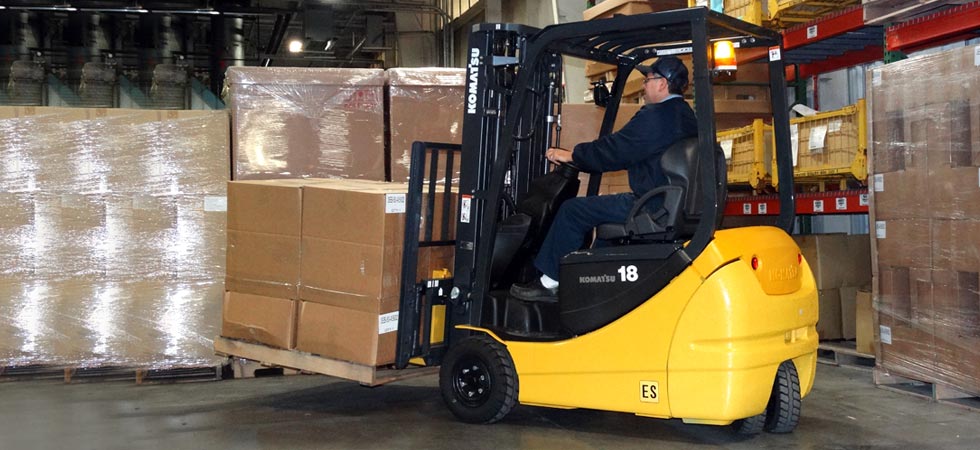
Forklift Safety: Addressing the Underestimated Risks in Workplaces
Forklift Trucks (FLTs) are recognized as one of the most hazardous vehicles in workplace settings, particularly prevalent in warehouses, workshops, and factories. Despite their commonality, the dangers associated with forklifts are often overlooked, leading to complacency among employees.
The inherent quietness and constant activity of lift trucks can mask their potential dangers. They are extremely heavy even when not loaded, offering little protection to pedestrians in their vicinity. Consequently, incidents involving lift trucks are frequently severe and occasionally fatal.
Common and Less Frequent Incidents Involving Forklifts
The typical accidents associated with forklift operations include:
- Being struck by a moving truck
- Injuries from loads falling from the truck
- Forklift overturns
- Falls from heights during operations
- Trapping between the mast and overhead guard
Additionally, less common but serious accidents can occur due to fires or explosions, often linked to the improper handling of forklift energy sources or using trucks unsuitable for the operational environment.
Common injuries involve crushing and foot injuries for pedestrians, while forklift operators are at risk from injuries due to vehicle instability leading to tip-overs.
Historical Data on Forklift-Related Fatalities
Between 2001 and 2006, forklift incidents in Ireland resulted in six fatalities. These incidents involved loads falling from the truck, cages detaching from the tines, and individuals being crushed between the forklift and shelving.
Improving Safety Standards
Given these risks, it is critical for employers and employees to maintain high safety standards and vigilance when operating or working near forklifts. Comprehensive training, regular safety audits, and adherence to safety protocols can significantly reduce the likelihood of accidents.
Safety Tips for Forklift Operation
- Wear all required safety gear, including hard hats, protective footwear, and high-visibility clothing.
- Perform thorough pre-use inspections of all forklift equipment.
- Immediately report any operational defects or safety concerns.
- Ensure clear, obstruction-free pathways before operating the FLT.
- Keep forks low to the ground while traveling but avoid contact with the floor surface.
- Operate forklifts only if properly trained and certified.
- Avoid using any FLT known to have defects or operational issues.
- Do not operate FLT controls from outside the cab unless designed for such use.
- Never start or stop the FLT abruptly unless absolutely necessary.
To find out more about professional Forklift Training courses for your drivers, contact us today on 045898060. We’d be more than happy to talk you through the details of our training courses.
